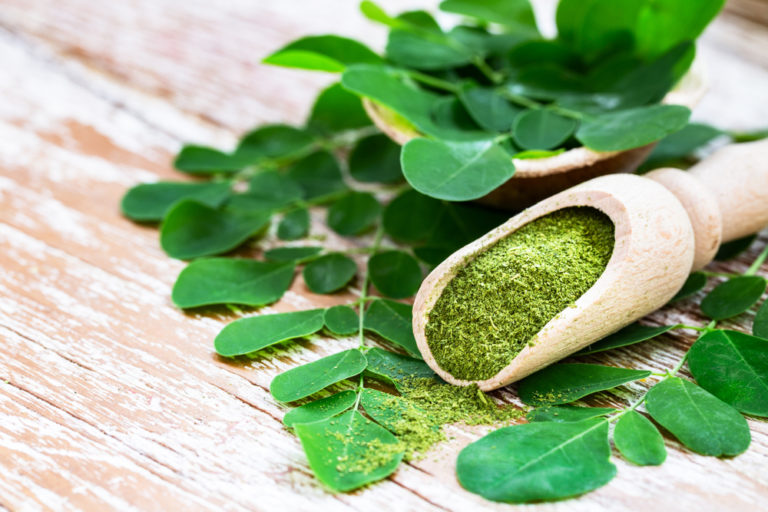Herbal
-
Not just for tea, mint can soothe skin, upset stomachs, and more.
-
Three experts offer tips on coping with postpartum depression.
-
Find out about neem-based beauty products.
-
Five flavorful teas worth trying.
-
Unrefined, organic coconut oil is a rich, buttery, slightly sweet superfood used for centuries in the tropics.
-
B complex B vitamins are necessary for various bodily functions and help promote proper brain function by producing
-
A botanical is any plant valued for its medicinal or therapeutic properties. Botanical medicines can be derived from either the roots or the aerial parts, such as flowers, bark, seeds and leaves. All herbal supplements and phytomedicines are botanical products. For much of human history, botanicals were the only medicines available. There are well-developed botanical healing traditions in many parts of the world; these include Ayurveda, TCM, Native American healing traditions, and many others. The efficacy of these herbal approaches is underscored by the many pharmaceuticals that are derived from traditional medicinal plants.
Historically, herbal remedies consisted of whole plants or parts of plants, often blended for synergistic effect. However, contemporary research and methods have led to the creation of standardized extracts, which are herbal extracts processed in such a way that the active healing compounds appear at a defined level in the finished botanical product. Botanical supplements are marketed in a variety of forms, including tinctures, extracts, capsules and tablets.
-
The star ingredient in its namesake pie, Key limes shine in desserts but also lend a distinctive zip to savory dishes.
-
Also known as King of Mushrooms (for its size), maitake has been used medicinally in Eastern cultures for thousands of years and now is emerging in modern American medicine.
